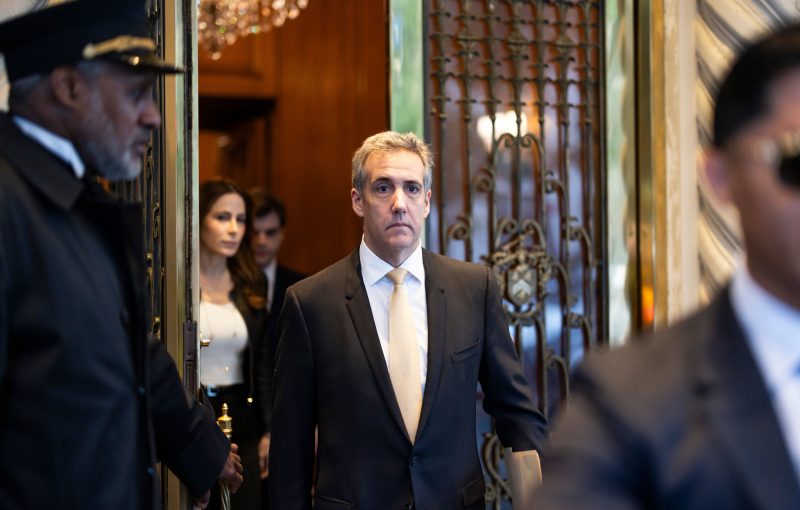The unusual journey of Michael Cohen, President Trump’s former personal attorney, and Stormy Daniels, an adult film star notably involved in the 2016 presidential election scandal, has been an intriguing nexus of politics and law. Both personal narratives have collided in what may be termed a vindicating turning point.
Michael Cohen’s unconventional career began as a personal injury lawyer in the late 90s, eventually becoming an executive in the Trump Organization where he earned the nickname Trump’s pitbull. He cultivated a reputation as a loyal advisor to the Trump fame, even stating he would take a bullet for the President. However, the tumultuousness of this devotion bore its pitfalls when Cohen pleaded guilty to multiple charges, including campaign finance violations related to payments made to Daniels and other women in attempts to suppress their stories about alleged affairs with Trump.
This admission showcased a significant deviation in loyalty, shifting from fiercely protective advocate to convict, signaling to the public, law enforcement, and, most importantly, Daniels, a form of vindication.
Parallel to Cohen’s narrative exists Stormy Daniels’, whose involvement in the narrative introduced a vivid mix of tawdriness and intrigue to the political landscape. Stormy Daniels, real name Stephanie Clifford, had, according to Cohen’s admission, received a payment of $130,000 from him in exchange for her silence concerning an alleged sexual encounter with Trump.
Stormy Daniels, spotlighted as the target of a risky hush-money payment, fought back by taking legal action against Trump and Cohen. Her determination to be open about her experience led to a national dialogue about power imbalances, scandal, and the integrity of the presidency.
After being sentenced to three years in prison, Cohen’s decision to speak up and admit to the payment was a turning point, both for him and Daniels. This admission marked a shift in Cohen’s previous vehement defense of Trump, paving the way for legal ramifications for the then president.
Indeed, general consensus purports that Cohen’s admission validates Daniels’ struggle for truth to be acknowledged. Cohen’s legal downfall and subsequent willingness to come clean provided Daniels with a distinct sense of satisfaction and a feeling that justice was served.
Nevertheless, the story is not just about vindication for undesired choices and repercussions of unbridled loyalty. It’s an examination of the intersections of politics, personal grievances, and law enforcement in the modern era. It speaks to the environment where personal relationships become entwined with political agendas, ultimately scrutinizing the integrity of those involved. Displayed here are the humility and tenacity of those involved, the underlining lust for power, and the harsh realities of political life laid bare.
